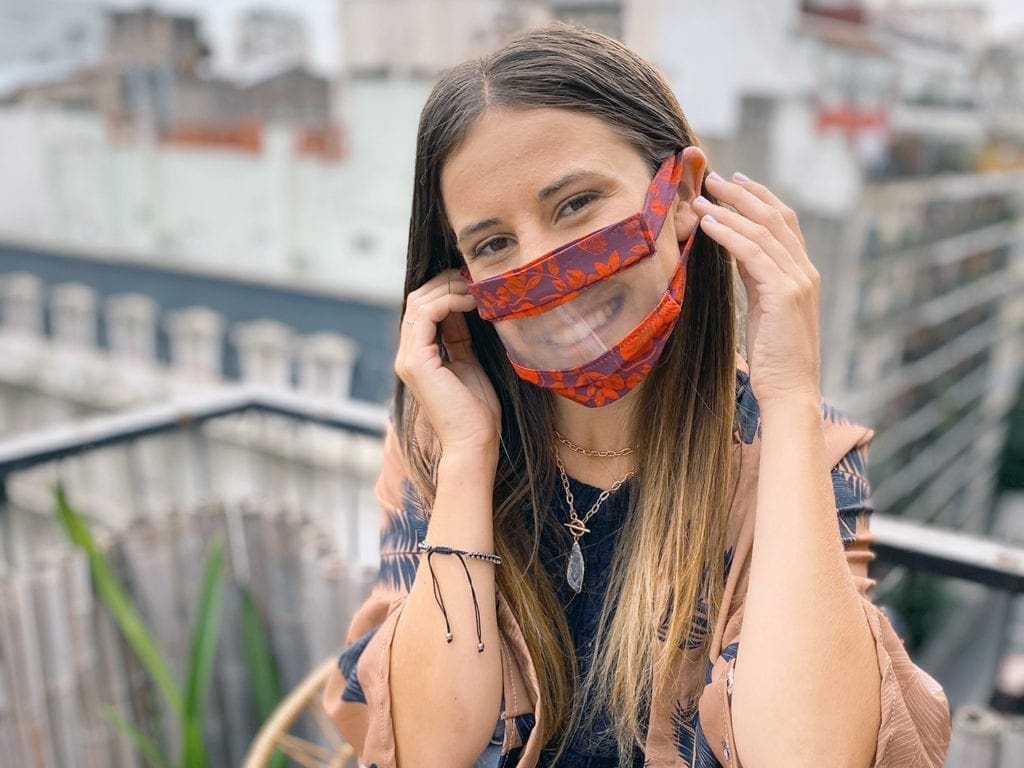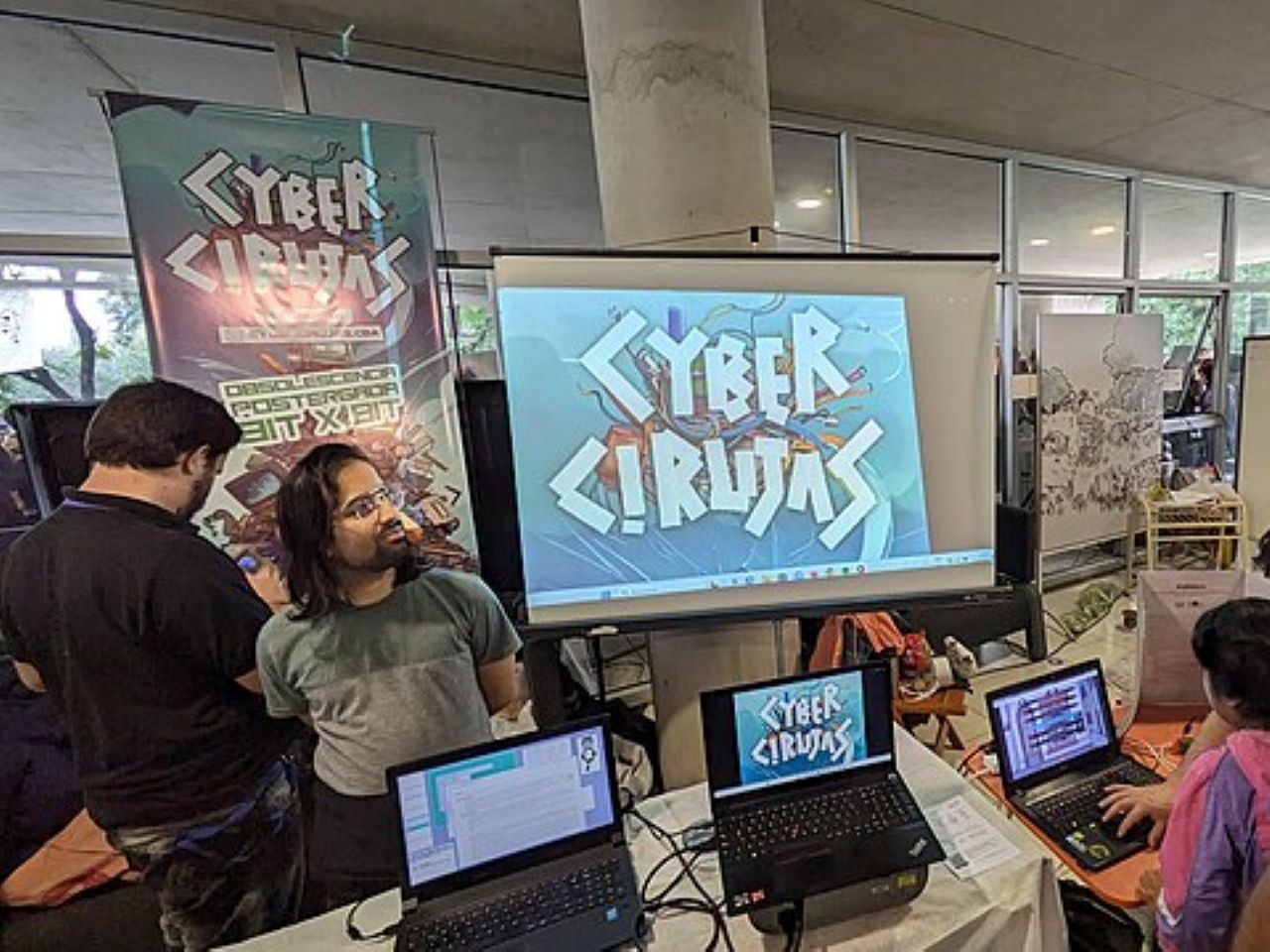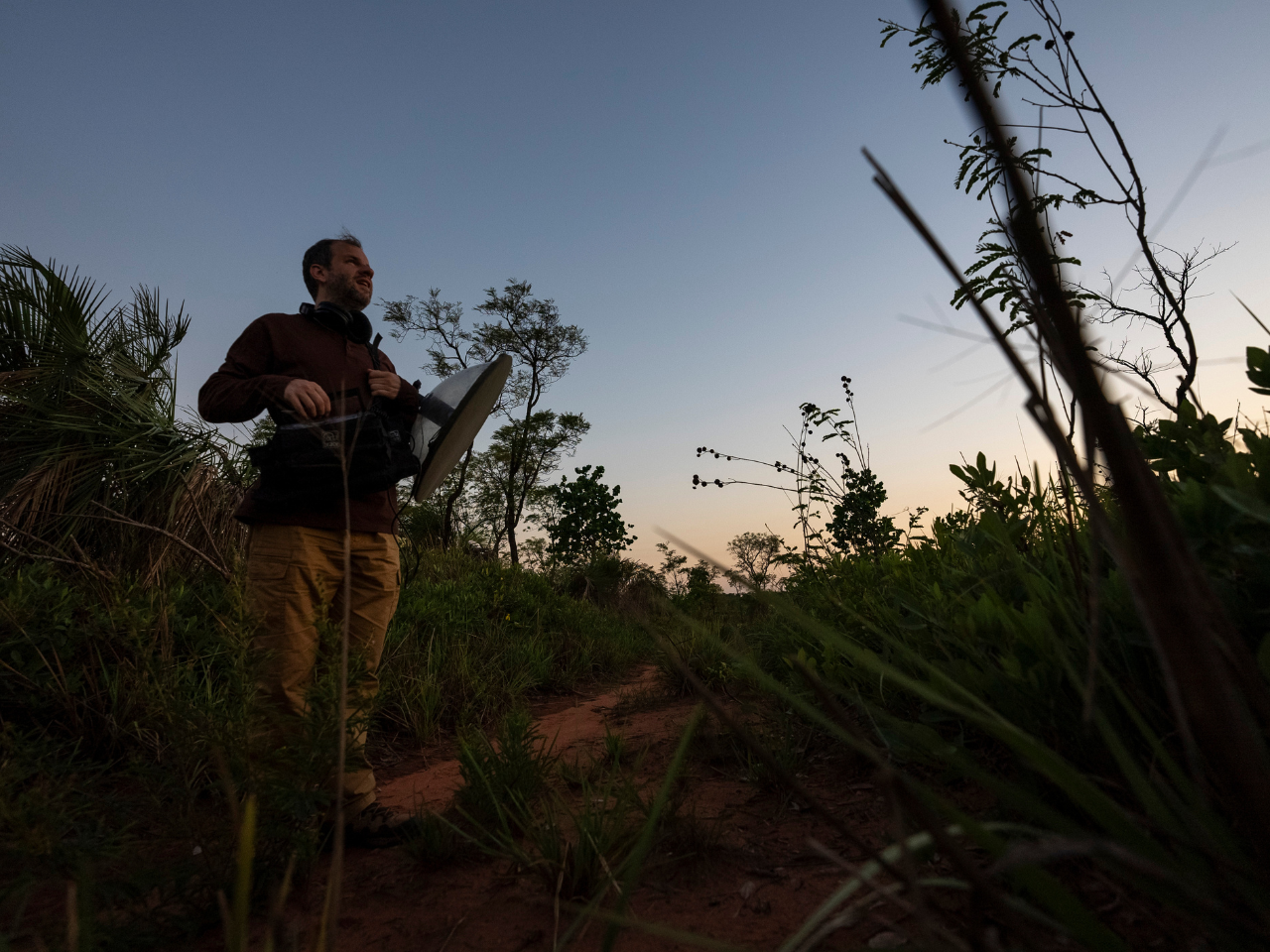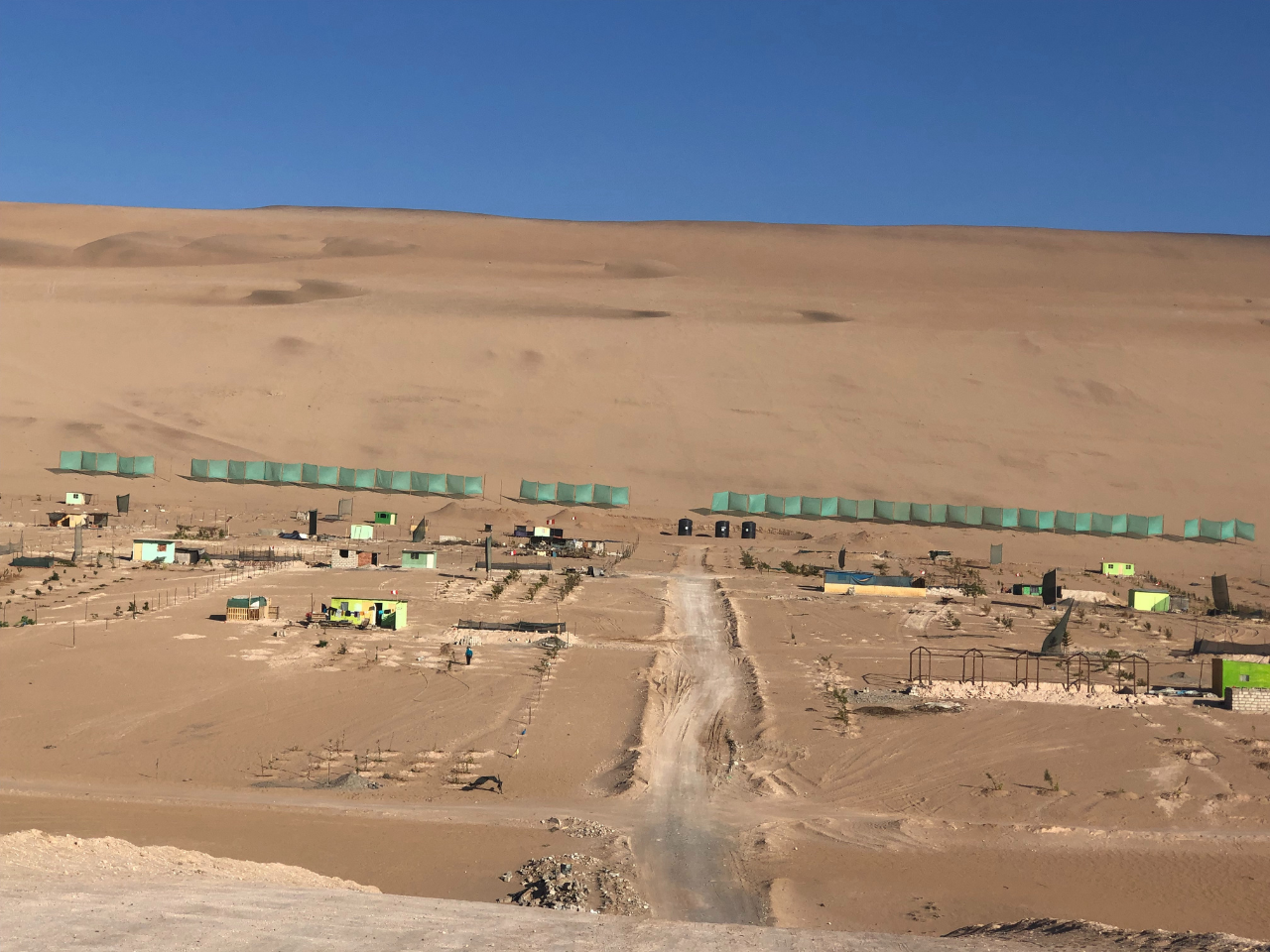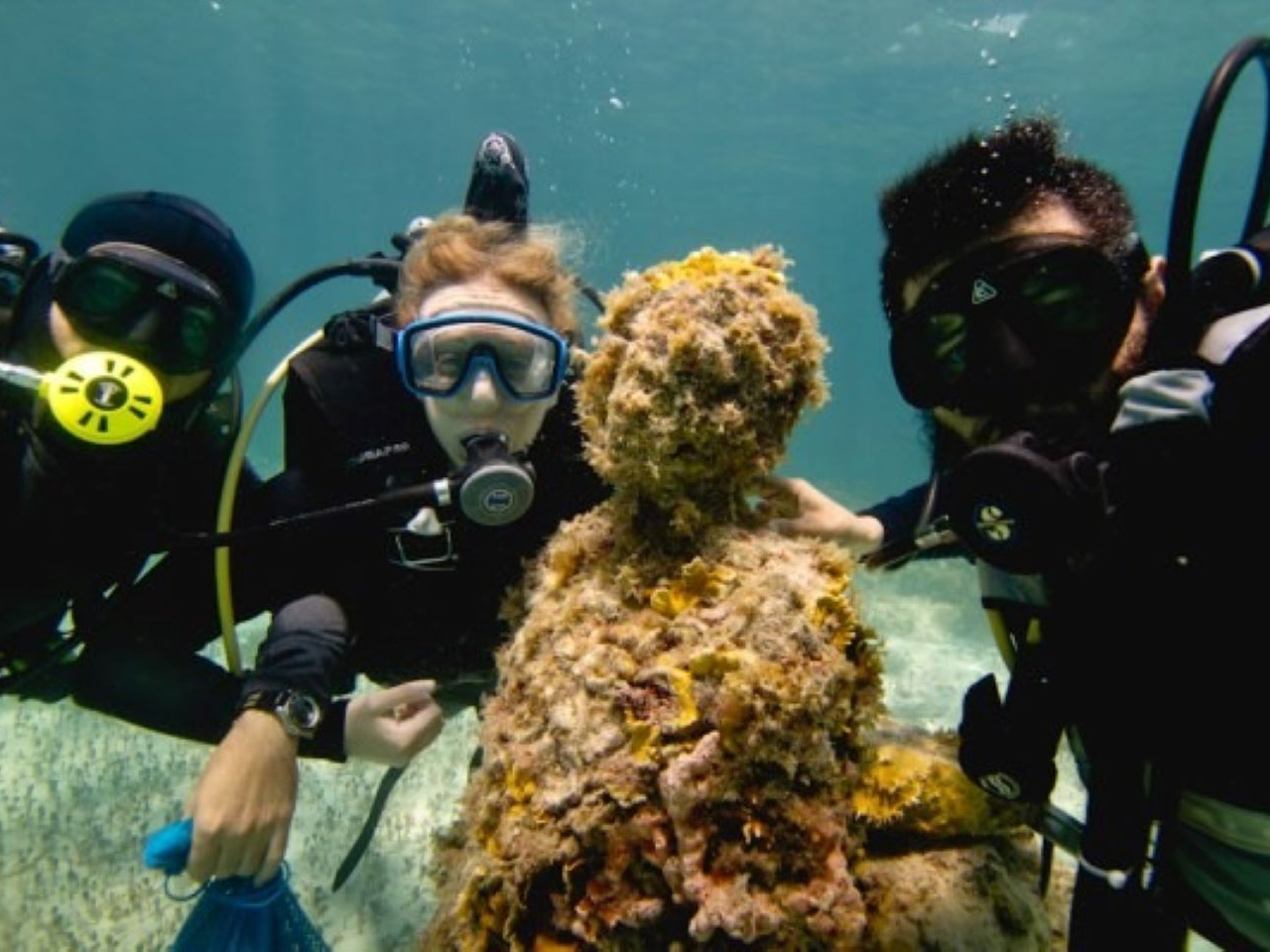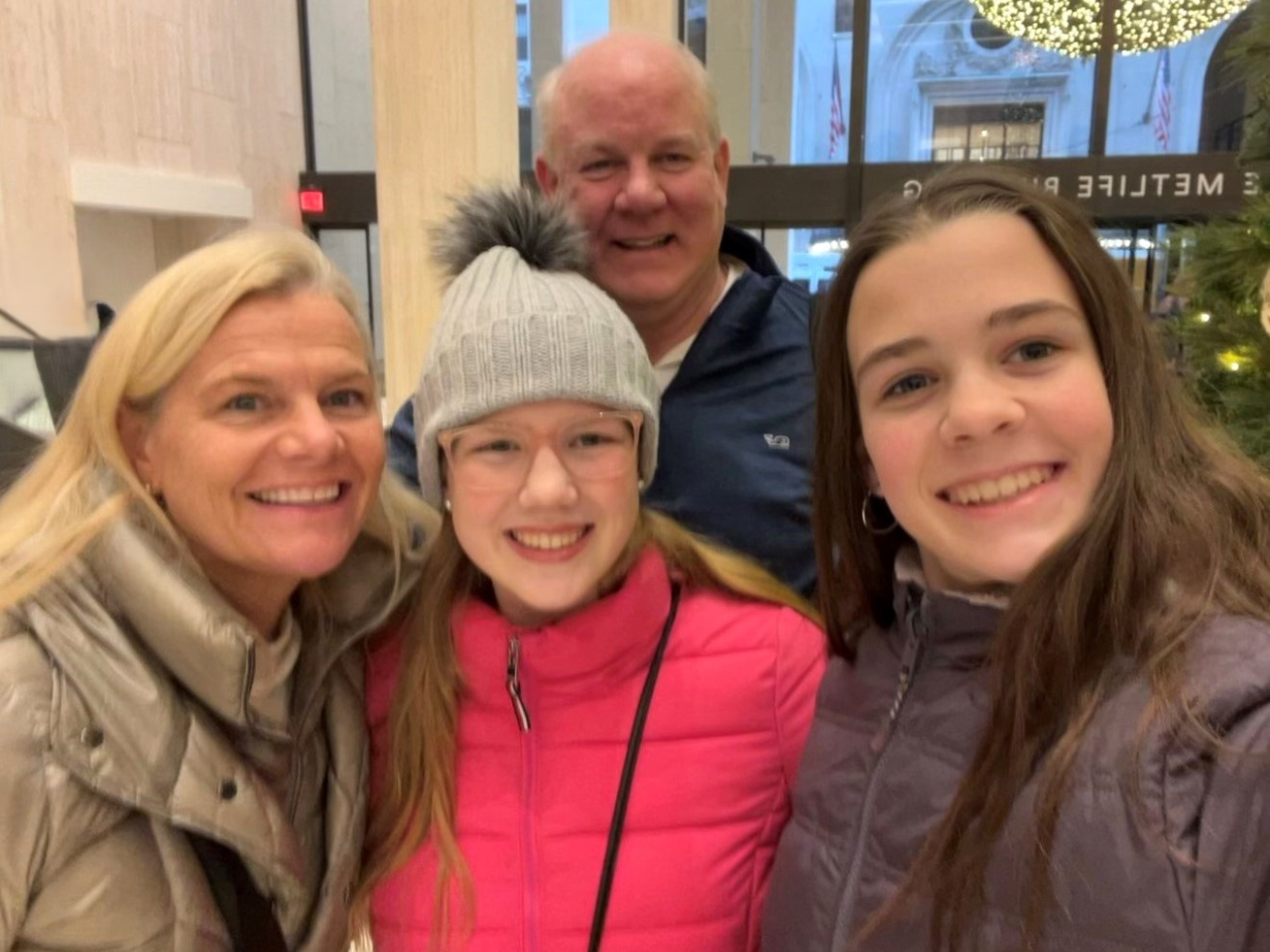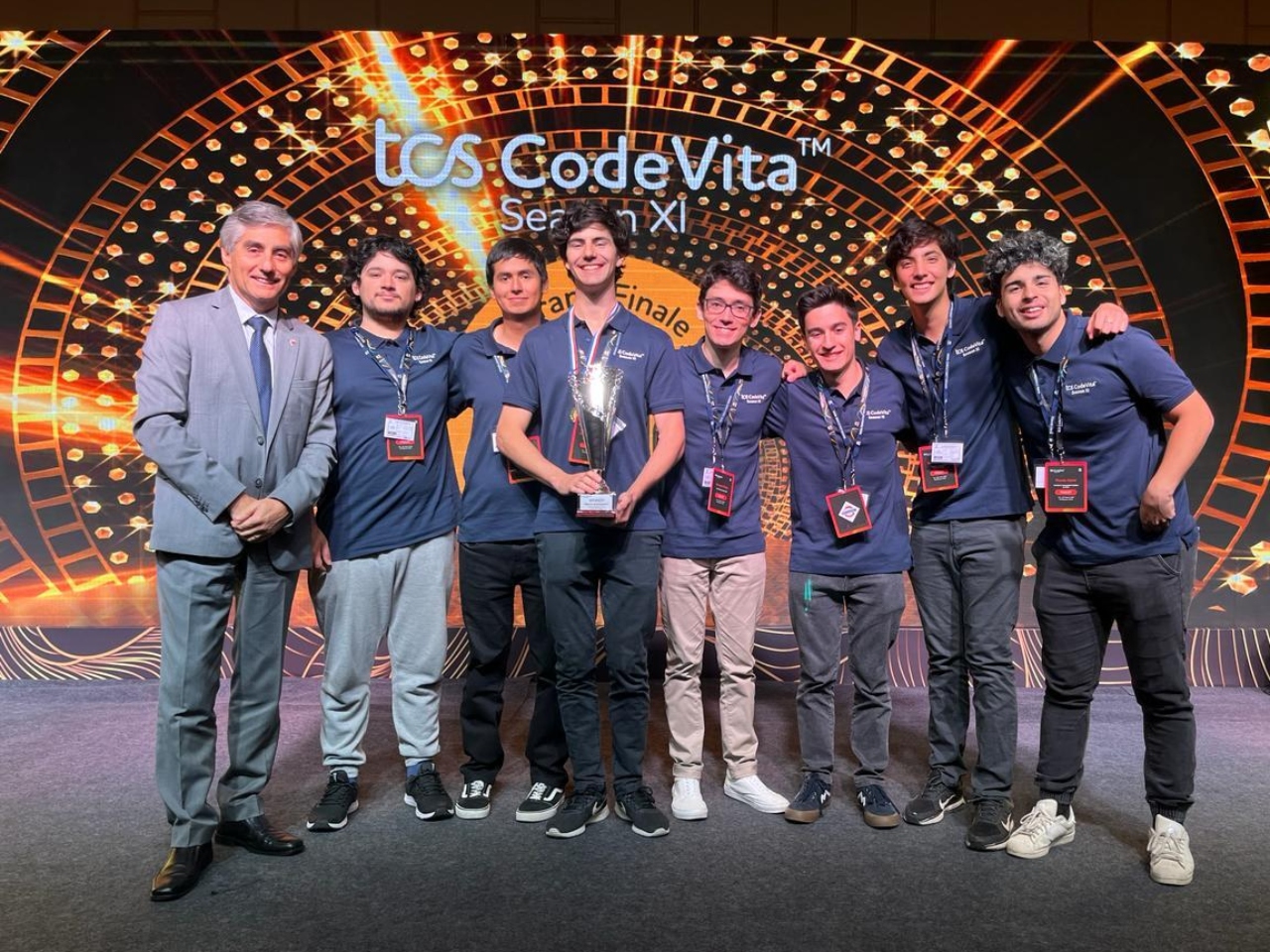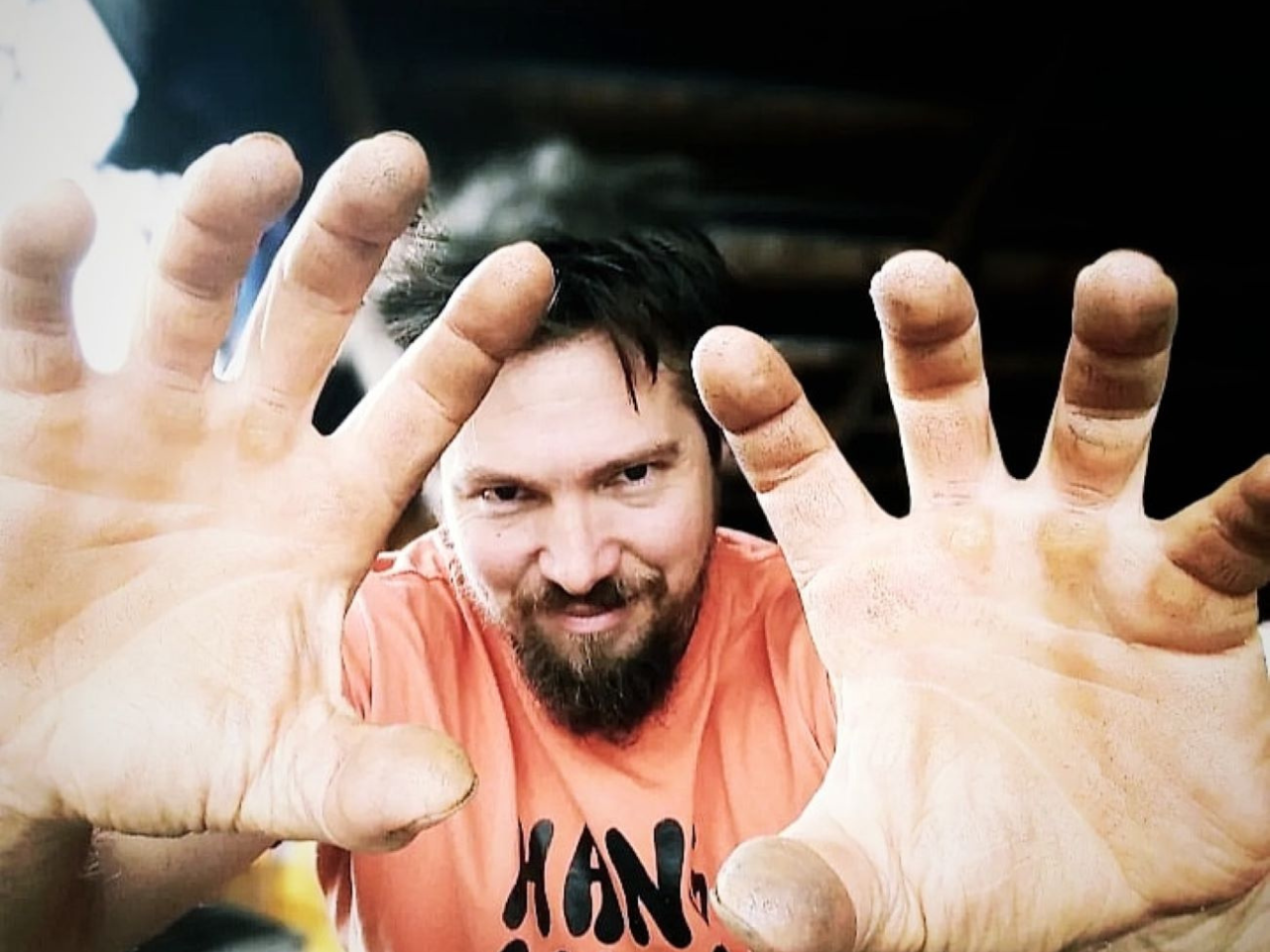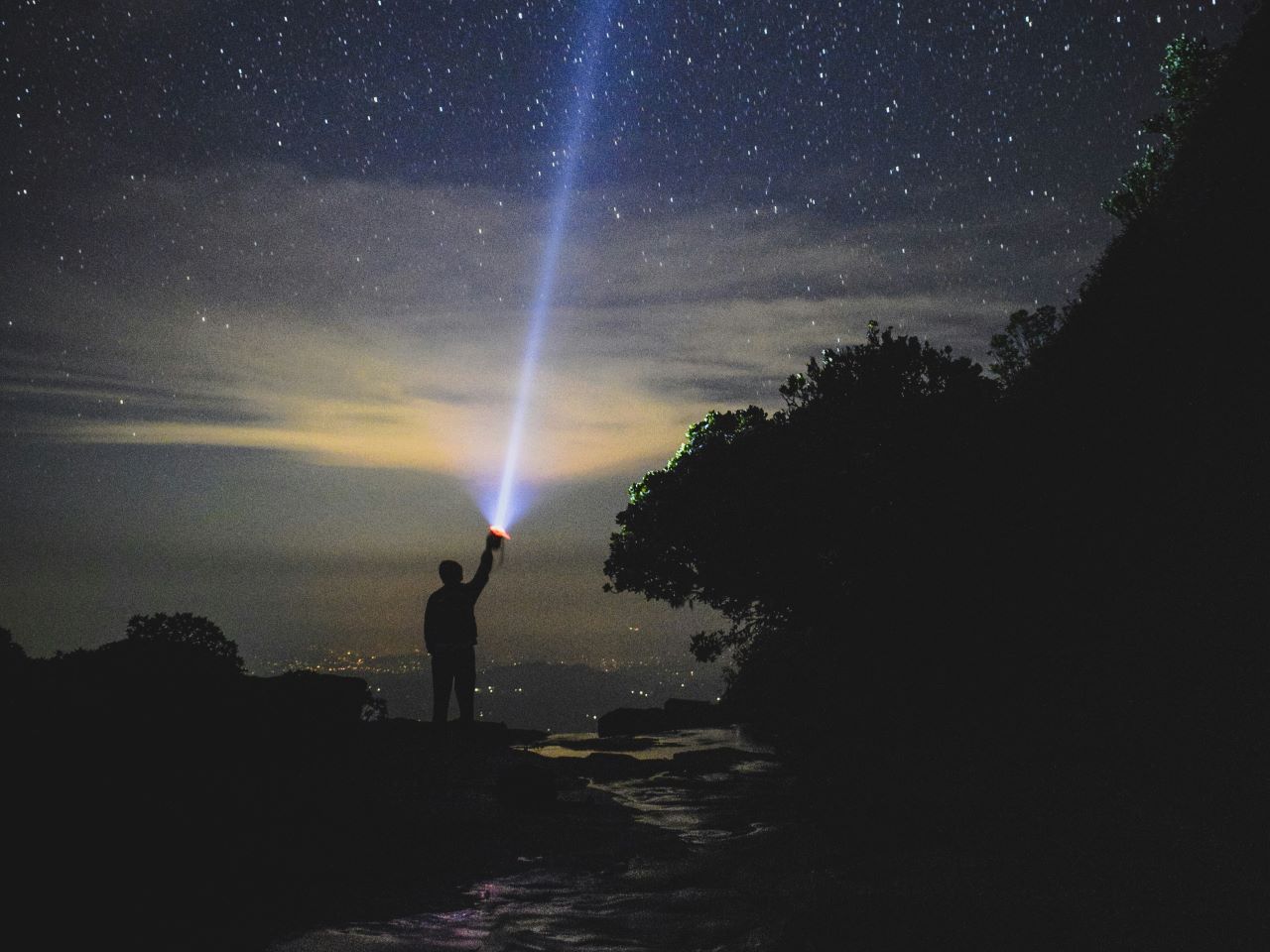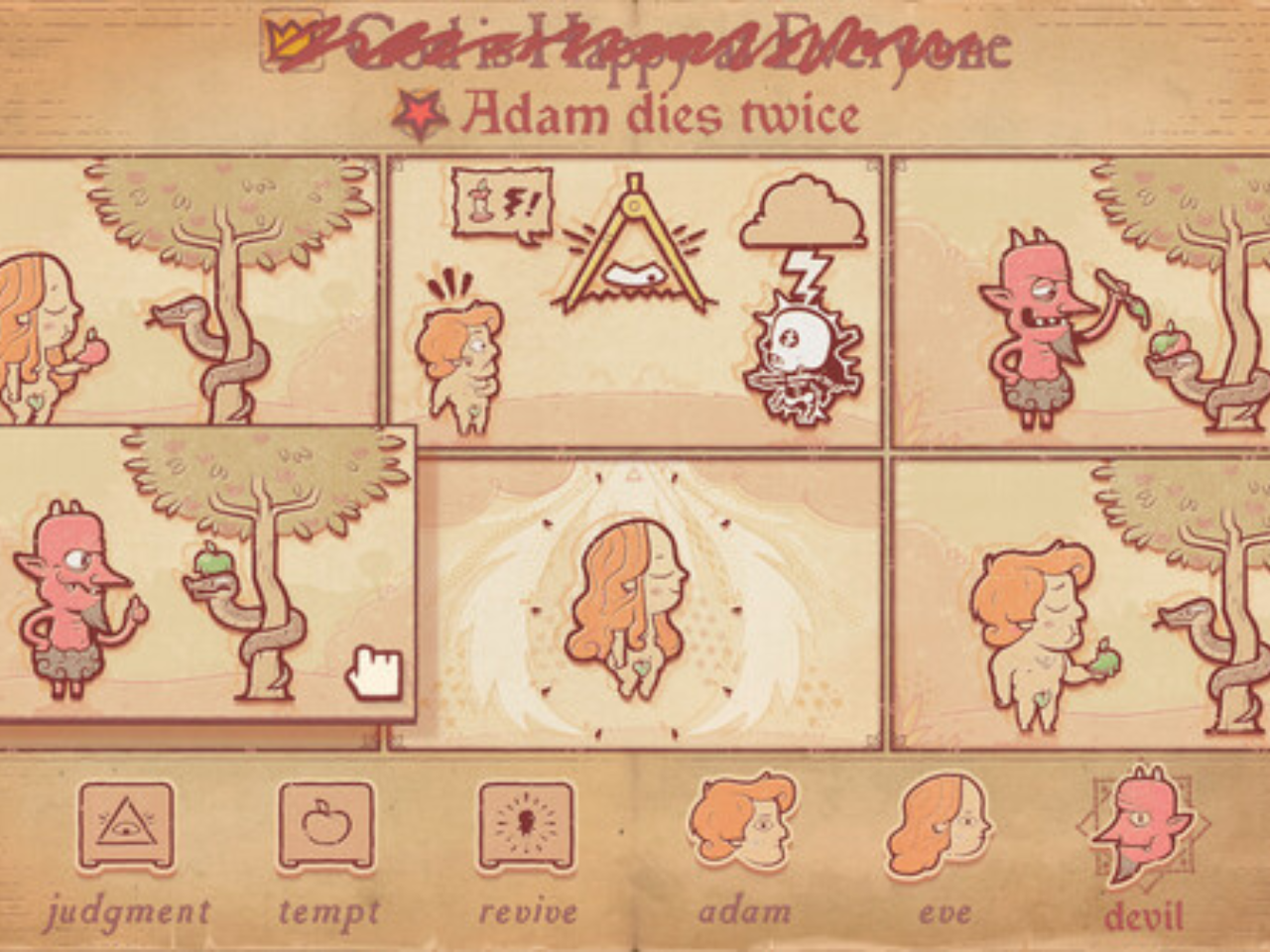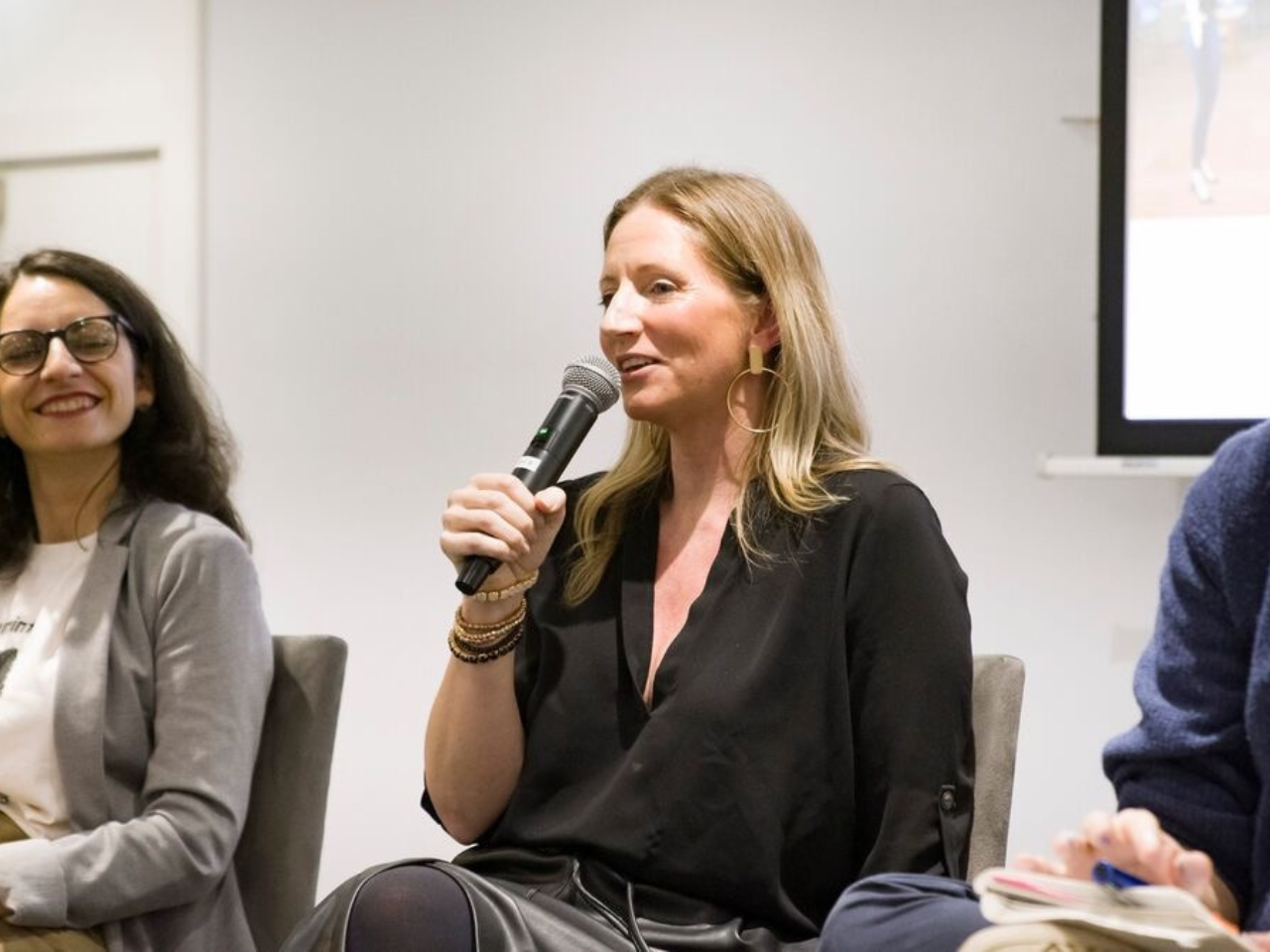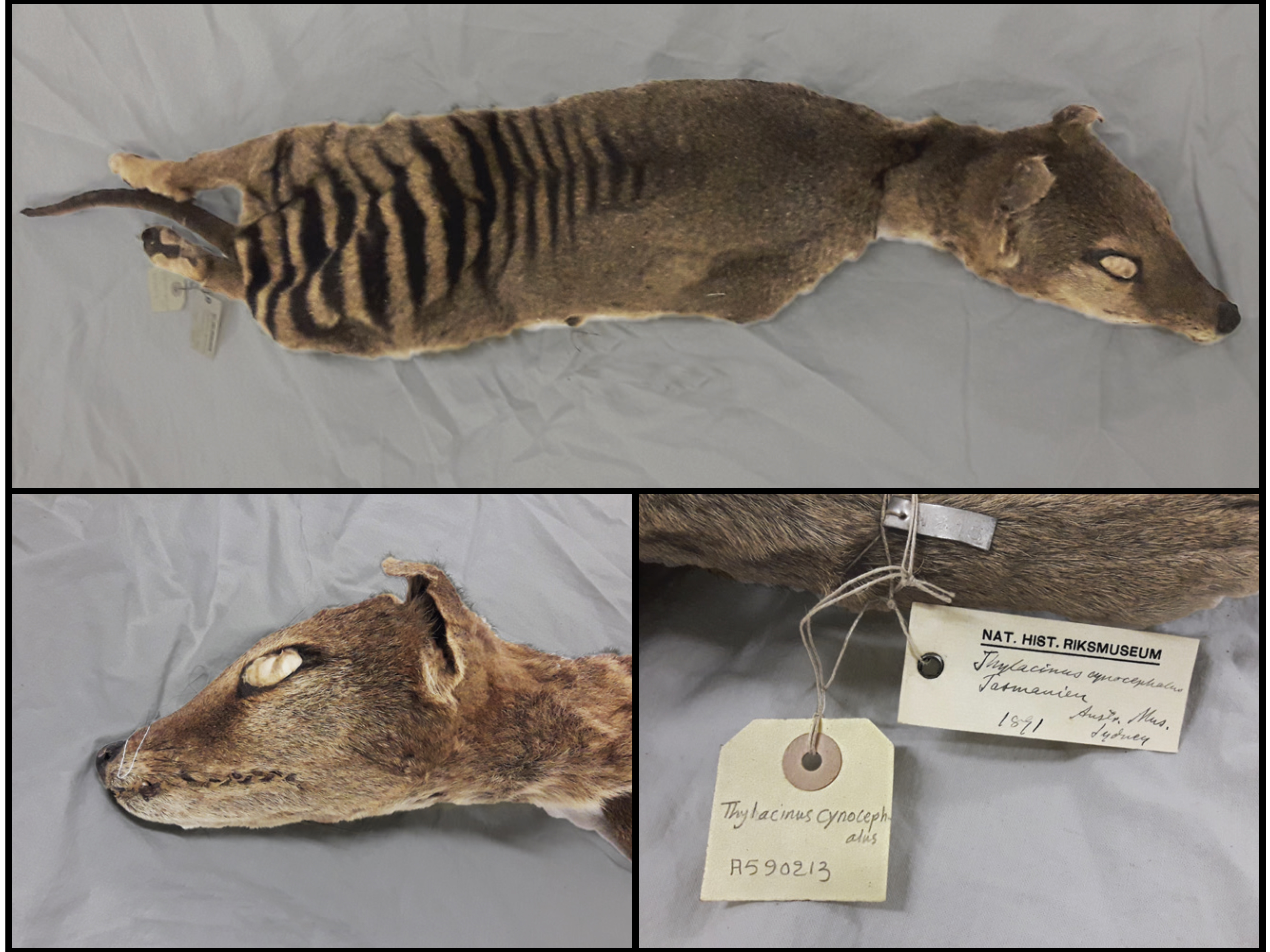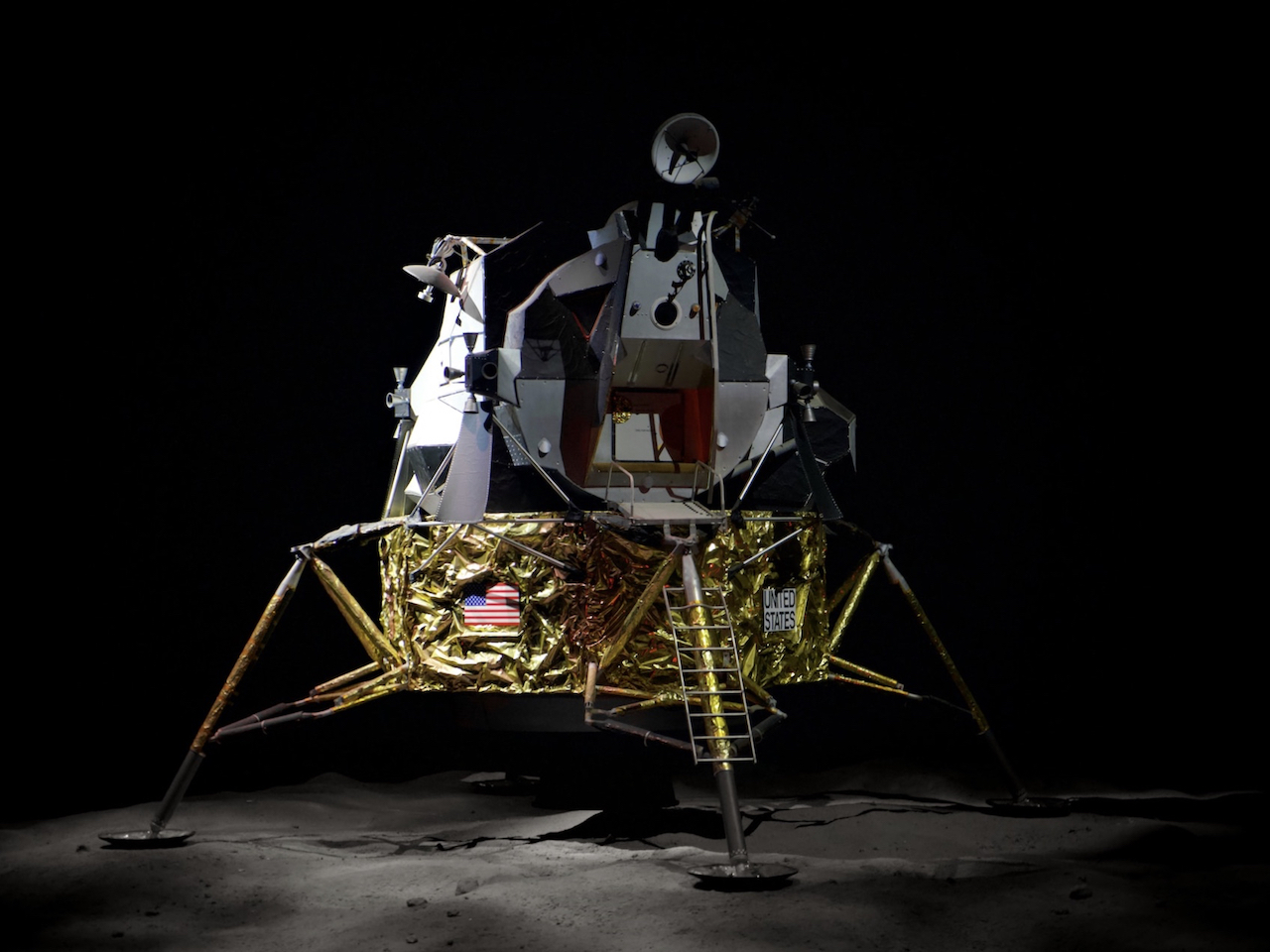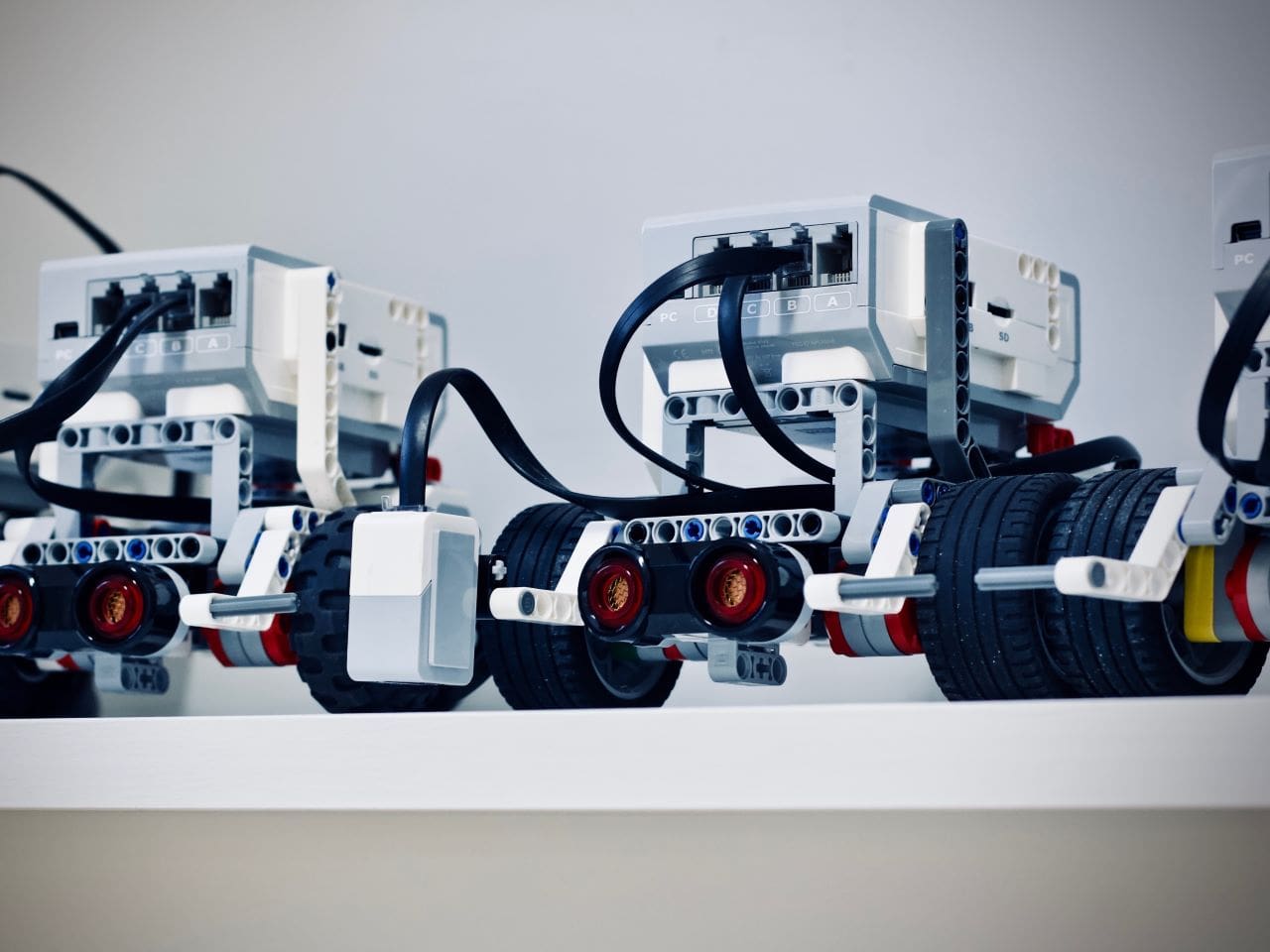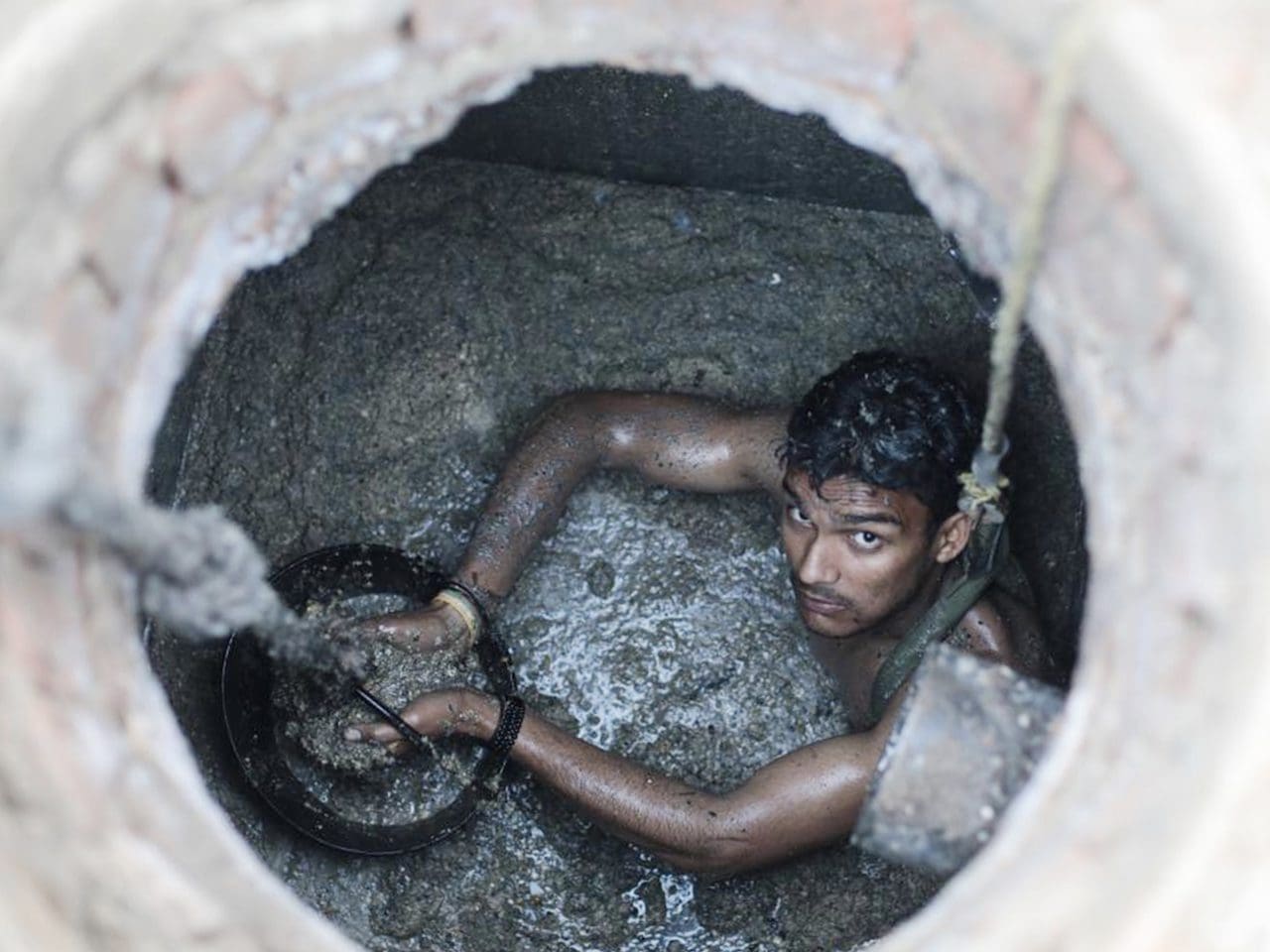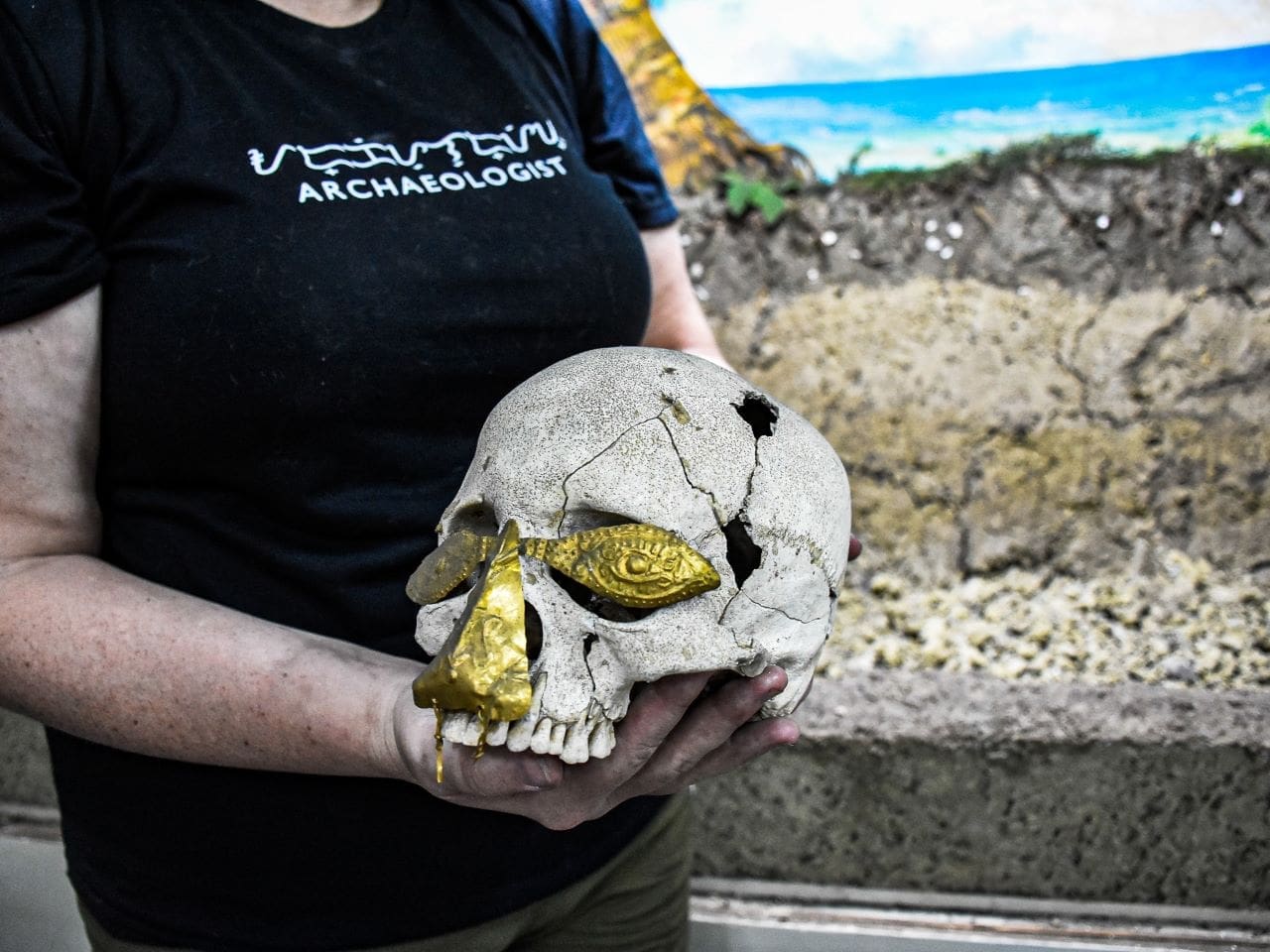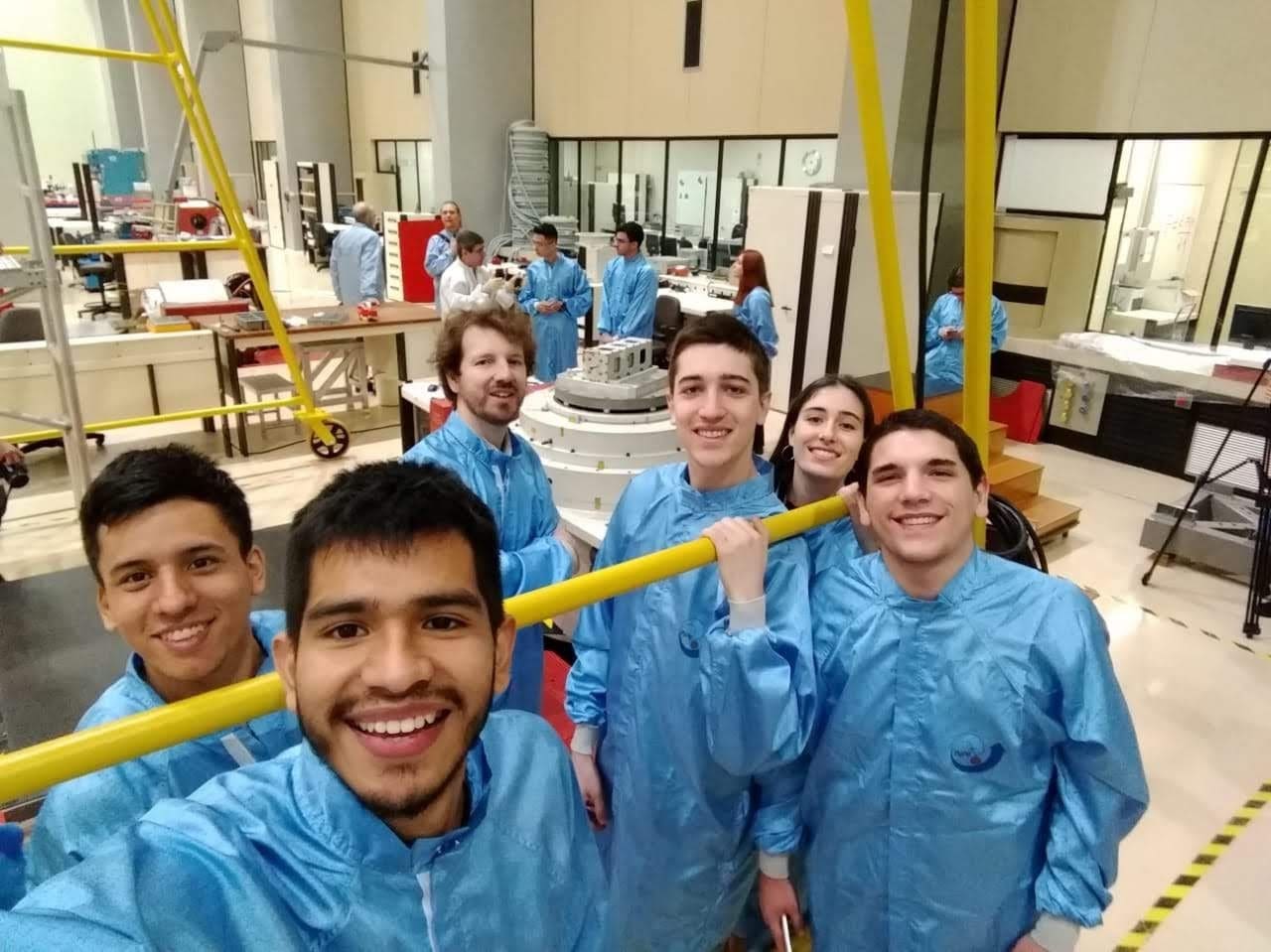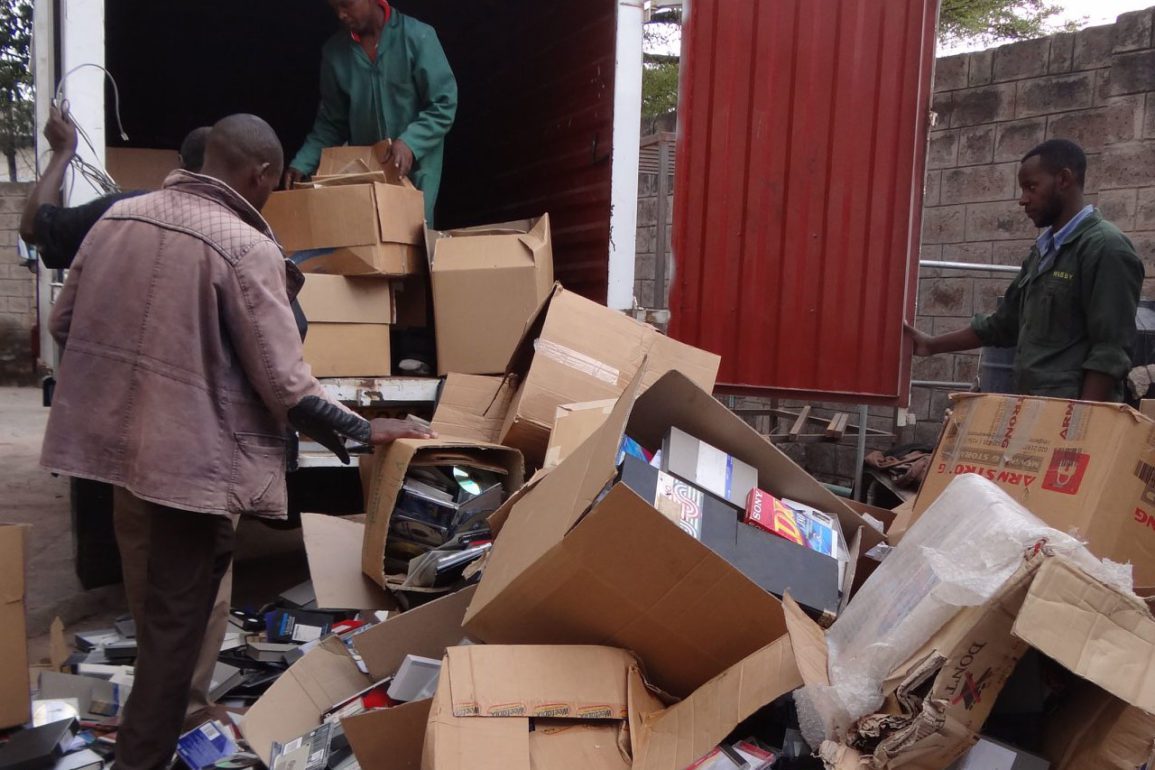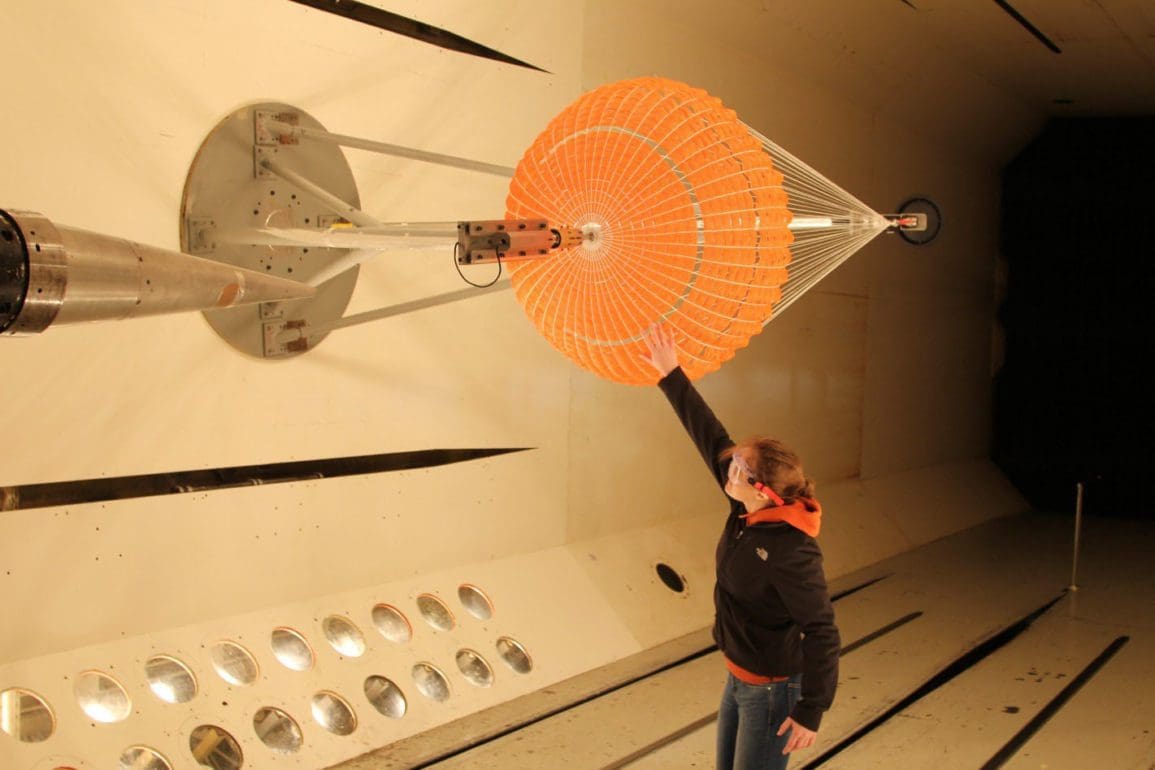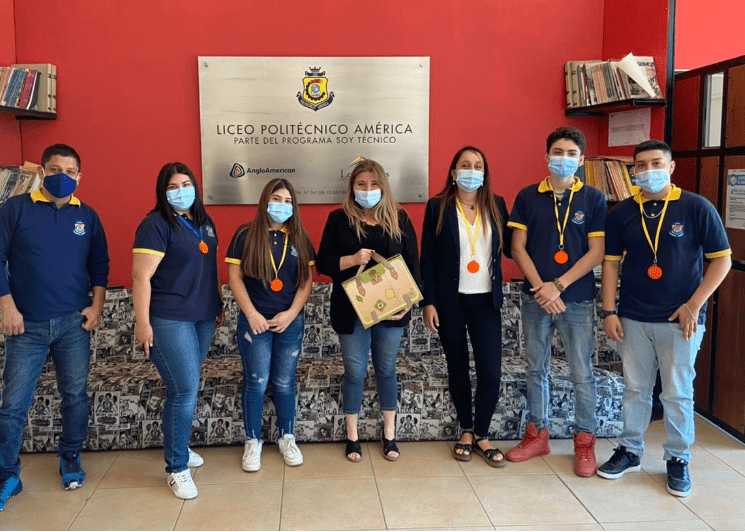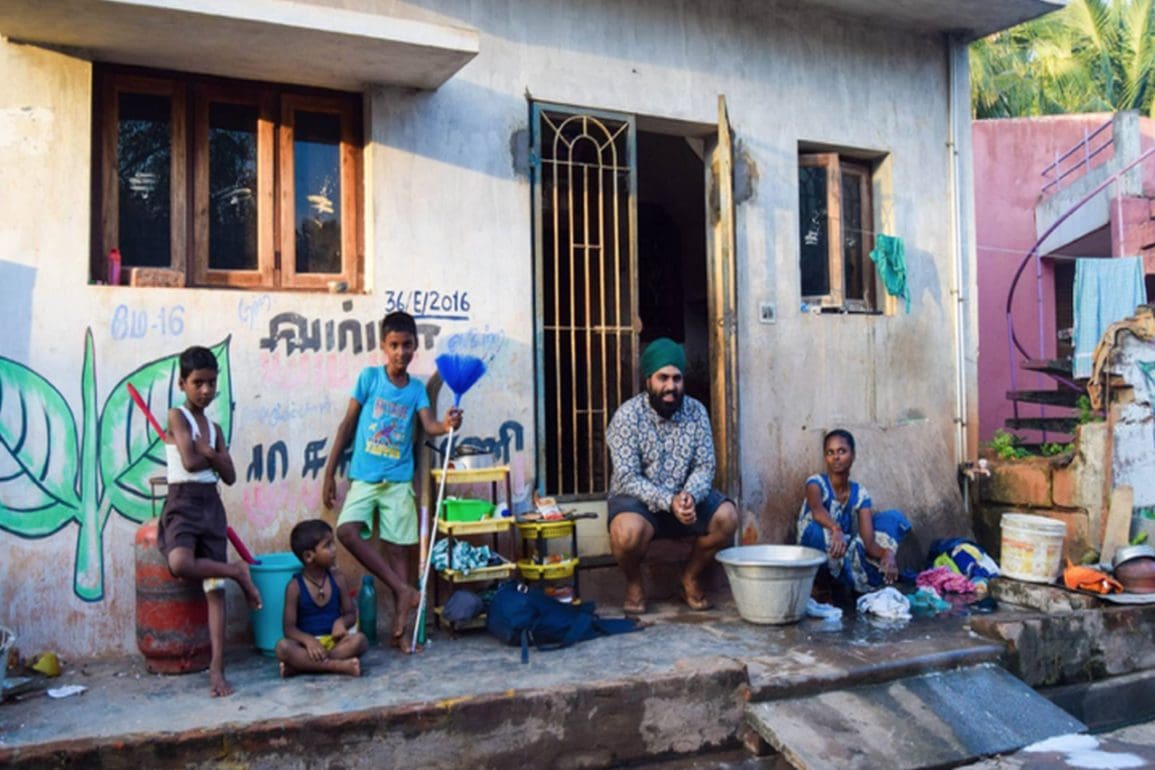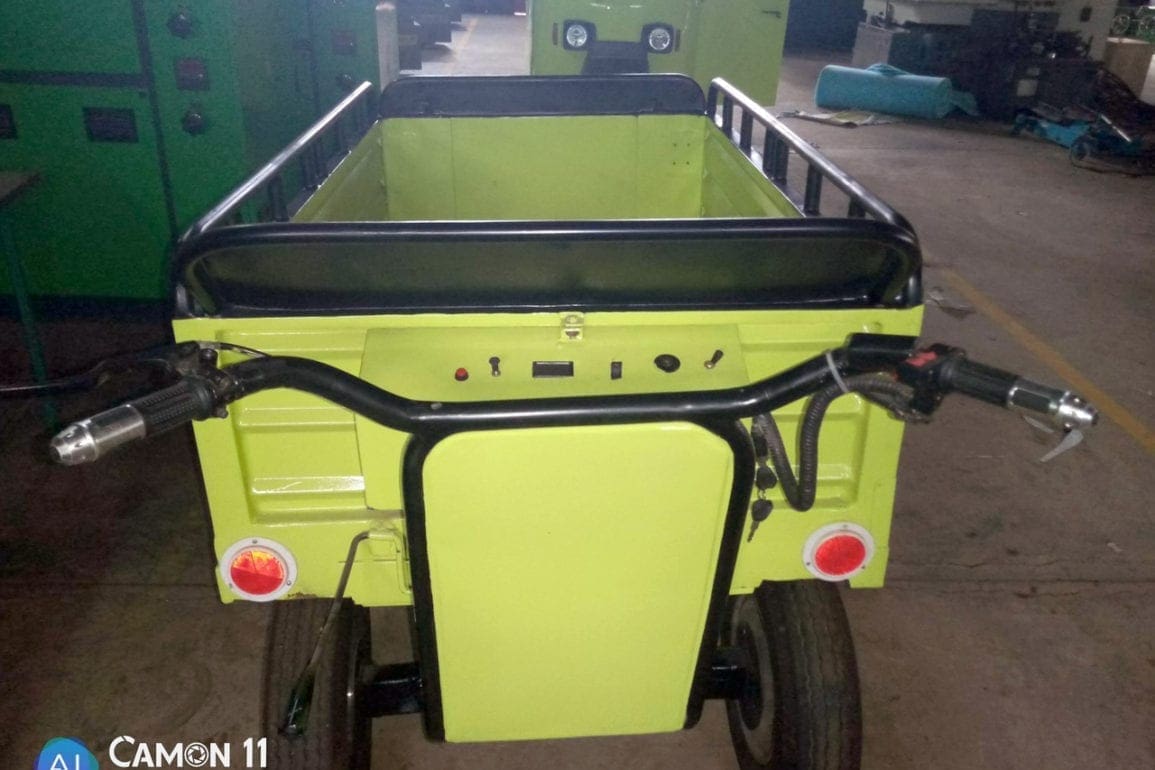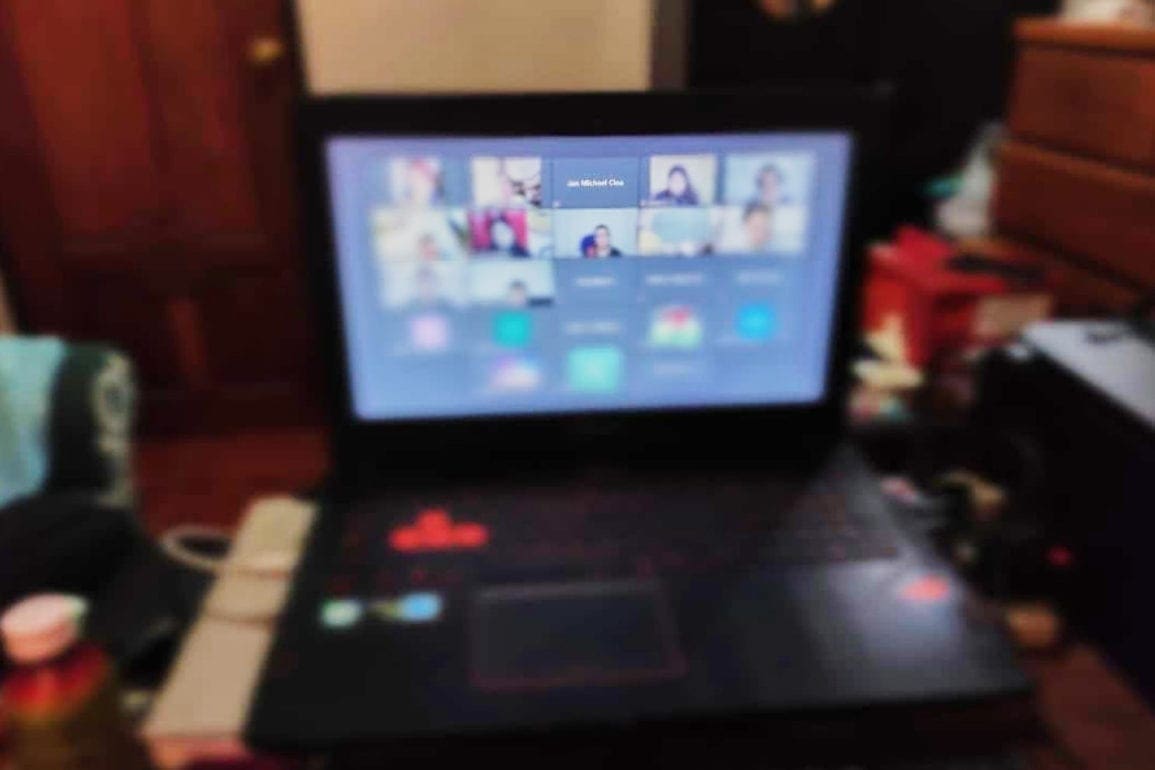Transparent masks give window to communicate
When the pandemic started, it felt like everyone was hiding behind their face masks, hiding from me.
- 5 years ago
November 16, 2020
BUENOS AIRES, Argentina — The pandemic forced us to wear masks to avoid contagion. The new customs, naturalized by many of us, marked a breakdown in the communication of many deaf people who, unable to read lips, were isolated from society.
This is the story of fear, anguish, sacrifice, and solidarity of those most affected by the new health measures.
Hidden behind a mask
I am Eran Domínguez, an interior decorator, I am deaf and I work in a school.
Before the pandemic, there were already barriers related to communication. Facing the outside was always a great challenge. It is not normal that someone does not listen; people are not prepared to deal with it. These situations always distress me. Reading lips is very difficult and many times I can’t understand what they are trying to tell me. For me, it is essential to show my gestures to be able to communicate.
Since I was a boy, going out into the street really worried me, I felt great stress and it made me very nervous. At night I used to cry with anguish, the feeling of isolation was horrible. No matter how loudly they speak to me or repeat it many times, the set of emotions and the anguish of the experience made me not want to leave my house.
When the pandemic started, it felt like everyone was hiding behind their face masks, hiding from me.
One day, a friend aware of my situation gave me a transparent mask and I immediately asked for many more. It was magical, I was able to reintegrate into society. With great emotion, I gave them to my friends, family, and colleagues. Suddenly, the possibility of being able to communicate spread in front of me. I felt a great relief.
Recently, walking to work, a police officer stopped me asking for my permission to circulate. I was scared, I didn’t understand anything, nor did he understand me. I started to get very nervous, I was sweating, I got agitated.
tried to explain to him my situation, but it was not possible. We stared at each other not understanding what the other was saying. I offered him a mask that I had with me, he cleaned it with alcohol and put it on. Suddenly, as if by a magic trick, he realized what I was trying to explain.
I gave him my explanation and he thanked me and apologized. The police officer told me that he had not realized how important it was for me that I could see him speak.
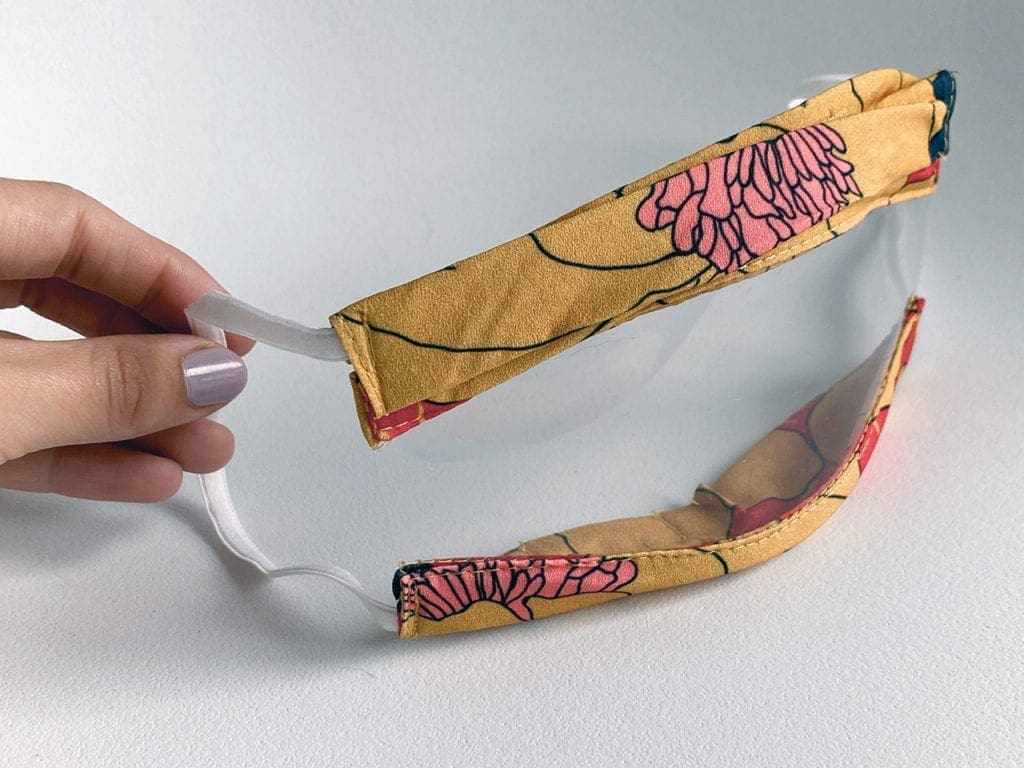
The best solution in a pandemic
I am Milagros Torroba, an apparel designer born in the City of Santa Rosa, La Pampa province, Argentina. Like many others, I traveled to Buenos Aires seeking a better academic level. Two years ago I started my own clothing brand project called Mila Chemin, which has inclusive garments.
I had a lot of projects in mind this year but I found myself dealing with the pandemic, the quarantine, and the coronavirus. All the fruits of my effort made during these years with my venture stopped suddenly, and I asked myself, “how do I continue?”
Researching on the internet, I realized that the world of fashion in Europe was turning to the design of face masks. Thinking about my brand concept and in this search for inclusive garments, I asked myself what is this situation teaching me? What can I learn from it?
I thought that if those who have the most difficulties are always those who have to adapt to the environment, now I had to do something for them.
At that moment, I remembered my sister-in-law, a deaf person. She told me that it was very bad for her not to be able to read lips and facial expressions, and she felt that everything gained in these years had suddenly become lost.
That’s when I began to design a mask so that she could communicate with a transparent window so that she could visualize people’s lips.
Eyes covered and muted
My name is Florencia Granata, I work as an assistant in the scientific police and I have been hard of hearing since I was 18 months old.
Communication has always been difficult for me, either due to the lack of patience that people generally manifest or due to the lack of tools related to inclusion. In my case, if people speak to me from the back or from the side, I can’t read lips and I get lost.
The pandemic made things even more difficult and stressful. Since people wear face masks, it was impossible to read their lips. With this panorama there was no form of communication, I could not express myself, I felt tied, alone, isolated, misunderstood. Every place where I went I had to explain that if they did not lower their face masks, I could not understand what they were saying. Imagine asking someone to lower their mask in the middle of a pandemic.
The idea for the transparent prototype came from Mila (Milagros Torroba), my sister-in-law. She realized how difficult everything was becoming for me. I was very sad and distraught.
Suddenly, one day a package came to me by surprise. When I opened it, I couldn’t believe it: it was a transparent face mask. I put it on and, for the first time in a long time, I felt calm. I cried a lot, I was emotional. I felt like I had come back to live in the real world. This device is the only chance for deaf people to have good communication.
People must understand that a person with hearing loss, or another associated problem, is cut off from the world if they cannot see facial expressions. Something so simple changed the lives of many.
Every grain of sand counts
I am Ágata Fornasa, director of Sea Ong, teacher, actress, and president of Señas en Acción, an NGO that seeks to train in sign language throughout Argentina.
The coronavirus, the pandemic, the face masks, and new barriers for deaf people appeared all at once. Those who already have difficulty in daily communication found themselves unable to read our expressions and to understand the spectrum of modulations.
Anguished, we began to look for solutions until an idea came to us from San Miguel del Monte, Province of Buenos Aires, Argentina: a transparent face mask.
Through a tutorial that included how to make them and what material options could be used, we launched a call for seamstresses across the country, starting with those who already had conventional face masks projects. In a short time and with great success, 24 seamstresses from Argentina and one from Uruguay joined.
We now have masks of all kinds. People can choose the one that is most comfortable for them, the one they like the most, or the one they identify with the best. The project is committed to becoming a source of work.
Our initiative has expanded that much that we are receiving requests from nursing homes. The elderly were scared when they could not see the expressions of their caregivers.
Autism organizations also asked us to collaborate, telling us about the importance of visualizing expressions when non-verbal communication is essential.
The Global Wizard company donated a web page where people can access the closest seamstress on the map by location. This enabled more people to join the project because they found an excellent channel for disseminating their work. Thanks to them, people now have a place to search for their closest transparent face mask.
Sometimes you take initiatives and don’t realize the impact they really have.
Protocols to communicate
I am Raquel Lemme, a deaf person who wants to share her experience with face masks.
When the pandemic started, before using these new transparent devices, I started to find it difficult to communicate. My strategy was to put myself a few steps away from the other person and, almost without being able to see them, lower our masks, and try to read their lips and their expressions.
When I go to the supermarket, I always stand in the queue for people with disabilities. Upon arriving in front of the cashier, I explain that I am a deaf person. Before new face masks, they answered me by speaking louder. I tried to write in a paper or cellphone to make them understand that I did not hear what they were saying, but generally, they kept talking to me. I got very sad and so did they, we couldn’t communicate; I saw that they were making an effort, I thanked them and sometimes even asked for their forgiveness.
Wearing the transparent masks made my life easier. Now they can see my expressions and I can see theirs. We can understand, read, and communicate.
In this uncertain and chaotic world, concepts such as inclusion and coexistence are read in the transparencies of these hearts that only put themselves in the place of the other

